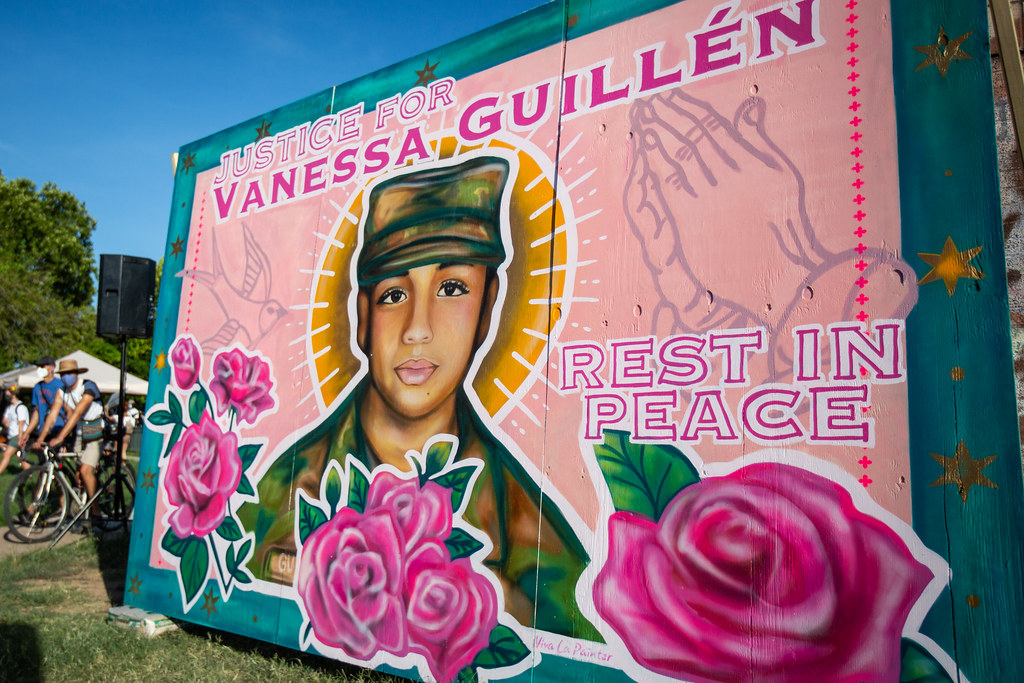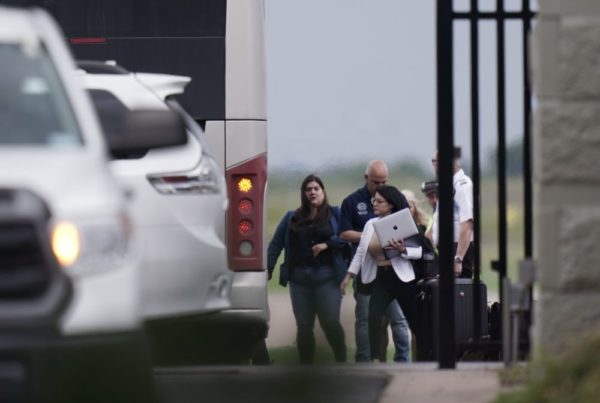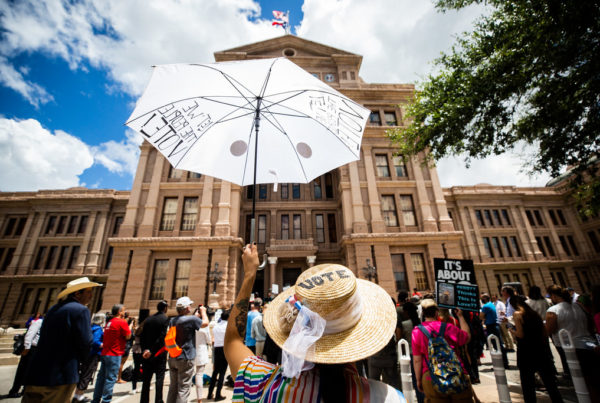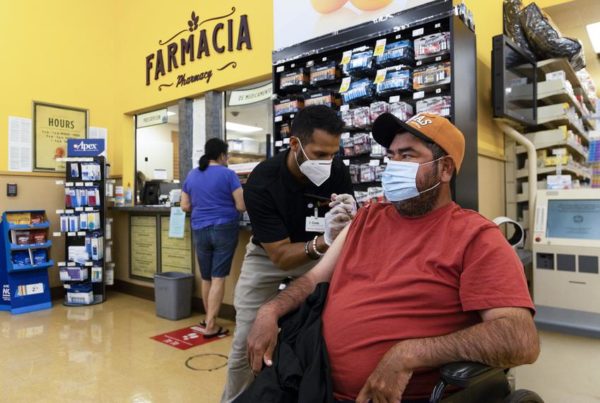Last year’s murder of Pfc. Vannessa Guillén at Fort Hood led to a reckoning within the Army about sexual assault and harassment. The Army charged a fellow soldier with Guillén’s murder, though that soldier killed himself before charges were announced.
A recent story in Vanity Fair explores how murders like Guillén’s, as well as suicides, aren’t rare on American military bases. Writer May Jeong told Texas Standard that at least 30 soldiers went missing or killed themselves last year. And military leaders have struggled to deal with the culture Jeong says is driving the violence. They also fell short in supporting grieving family members.
“[The families] felt like they were very available to recruit these men. But once they become disposable, they weren’t really interested in following up, which really kind of goes against the ethos and the branding of the American military, you know: we take care of our own and when our own dies, we’re going to take care of their families,” Jeong said.
Guillén was not the only soldier to disappear or die at Fort Hood in 2020. And the mix of suicides and interpersonal violence on base points to a troubling culture among leadership there that Jeong says has trickled down into the lower ranks. While visiting Killeen last year, Jeong says the atmosphere was uncomfortable.
“I lived in Afghanistan for four-and-a-half years. I’ve been in places that are nominally deemed unsafe, and Killeen just had a bit of a vibe, to use an unscientific term. It did make me wary of going out at night, for example,” Jeong said.
Jeong says Fort Hood could be attracting individuals who are dealing with added pressures at home. Racism could also be a factor.
“At Fort Hood, it’s a combination of the toxic leadership, the culture there that was able to exist,”she said. “It’s also an Army base, and so it’s drawing from the working classes. And necessarily there are additional pressures on these people with economic, or if they’re soldiers of color, then obviously race is a component as well. And I think it’s just the confluence of these factors that is intersecting in this spectacularly terrible way.”
This story has been updated.















